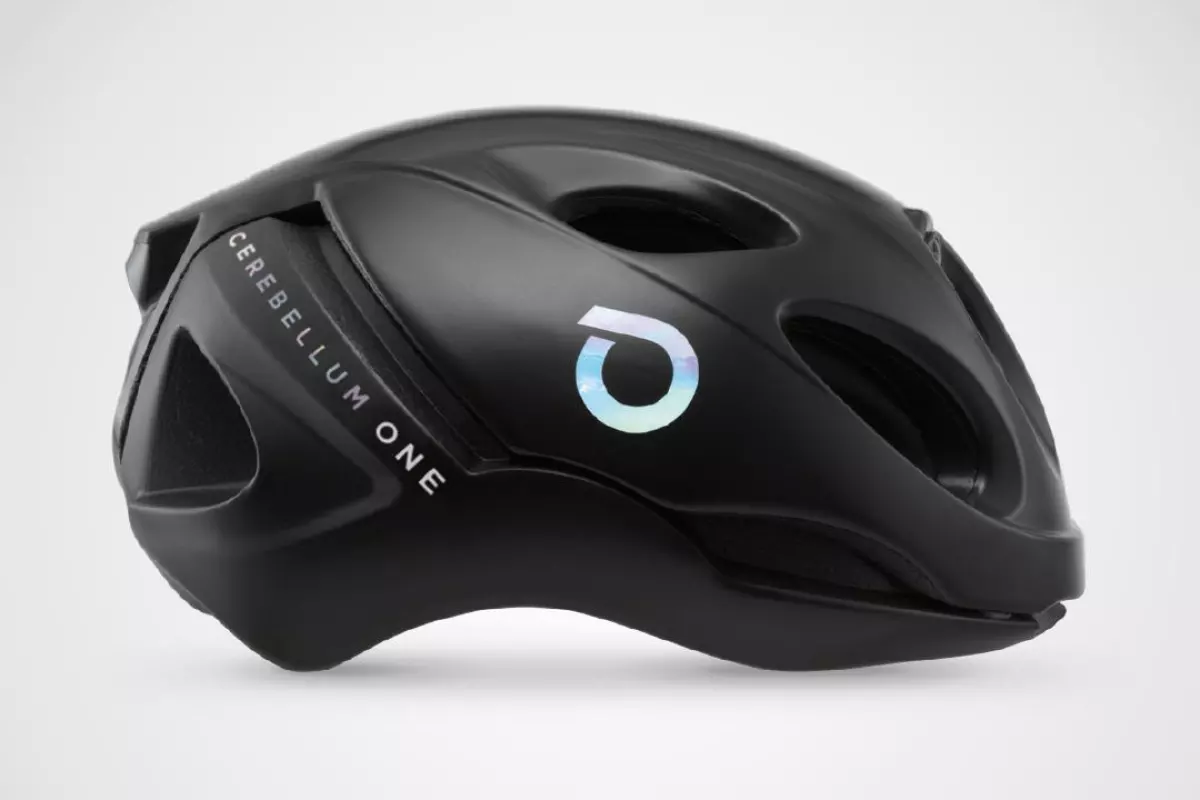It's getting increasingly common for cars to have both dash-mounted and rear cameras – so why shouldn't bike helmets get in on the action? That's the thinking behind the Cerebellum One, from Italian company Briko.
Unveiled last week at Eurobike, the helmet does in fact feature two built-in 4K/30fps video cameras, one facing forward and one looking back. Footage from these is wirelessly transmitted to an iOS/Android app on the wearer's smartphone.
For starters, cyclists can utilize this setup simply to record and share videos of their rides. Additionally, if their phone is mounted on the handlebars, they're able to use the onscreen feed from the rear camera as a sort of digital rearview mirror. And even if they're not doing so, a rear-facing radar system will still alert them to cars that are closing in from behind (in heavy traffic, this feature can be turned off).
More importantly, though, if sensors in the helmet detect that the wearer has been involved in an accident, buffered footage from the two-minute period leading up to the incident is automatically saved and uploaded to a cloud-based server. That video can subsequently be used to prove that the cyclist wasn't at fault, assuming that was the case.
Additionally, when an accident occurs, a geolocated SMS crash alert is automatically sent to family members or other people on a predetermined contacts list. Similar functionality is offered by the ICEdot system, which was recently acquired by Specialized.
And as an added bonus, utilizing an integrated dehydration sensor, the helmet provides app-based alerts when the rider needs to drink some more water. It also has a bright LED on the back, to alert drivers to the wearer's presence. Depending on the features being used, battery life for the Cerebellum One sits at a claimed four hours per charge.
The helmet should be available within Italy sometime next year, priced at €490 (about US$542). There's currently no word on a further roll-out.
And no, this isn't the first dual-camera bike helmet we've seen. Australian startup Cyclevision previously developed the Edge, which entered full production this April and is now available via the company website.
Source: Briko via Bicycling, Tecnogazzetta




